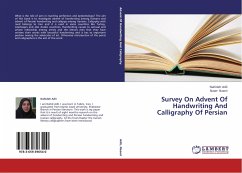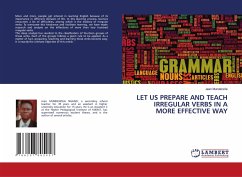
Ideology and Gender
Thomas Hardy 'Tess of the D'urbervilles' and Angela Carter 'The Passion of New Eve'
Versandkostenfrei!
Versandfertig in 6-10 Tagen
22,99 €
inkl. MwSt.

PAYBACK Punkte
11 °P sammeln!
Looking into the issue of gender in literary works, women are sometimes depicted as traditional stereotypes; nurturing, passive and submissive. The idea of women who may be violent was for long seen as inadequate due to the difficulty which society as a whole as well as academic discipline had in seeing violence or aggression, even anger, as part of the female character. There exist two sexes as well as two genders and between them there is a set of rather obvious correspondences. The assertion that gender is not determined by sex has simply reinforced a division between the biological and the...
Looking into the issue of gender in literary works, women are sometimes depicted as traditional stereotypes; nurturing, passive and submissive. The idea of women who may be violent was for long seen as inadequate due to the difficulty which society as a whole as well as academic discipline had in seeing violence or aggression, even anger, as part of the female character. There exist two sexes as well as two genders and between them there is a set of rather obvious correspondences. The assertion that gender is not determined by sex has simply reinforced a division between the biological and the social approach in a way which leaves our understanding of biological sex fairly intact.












